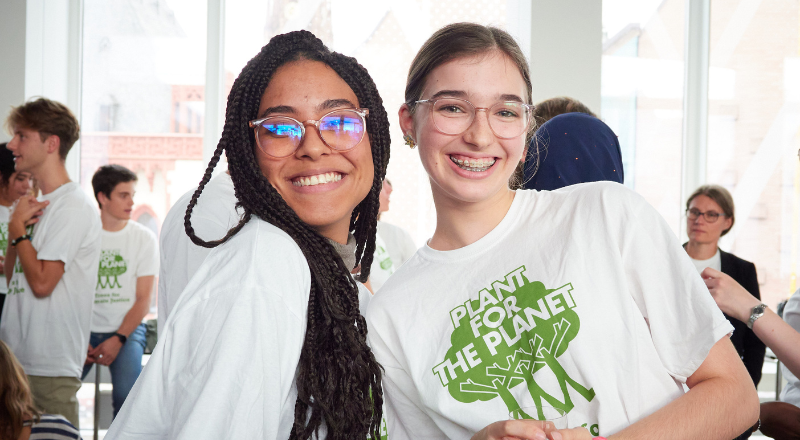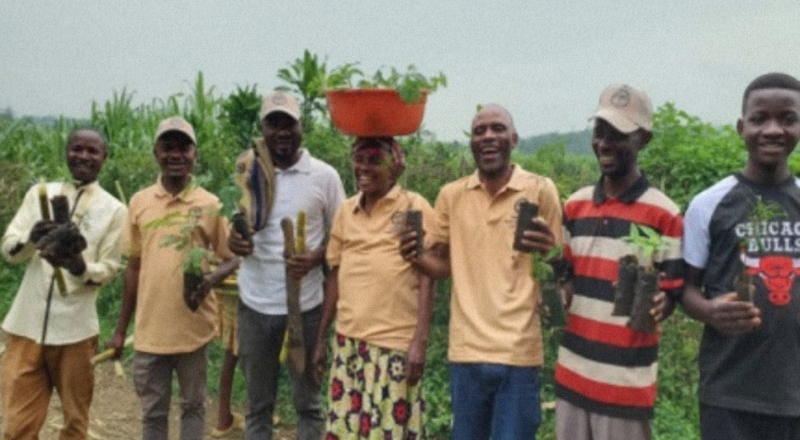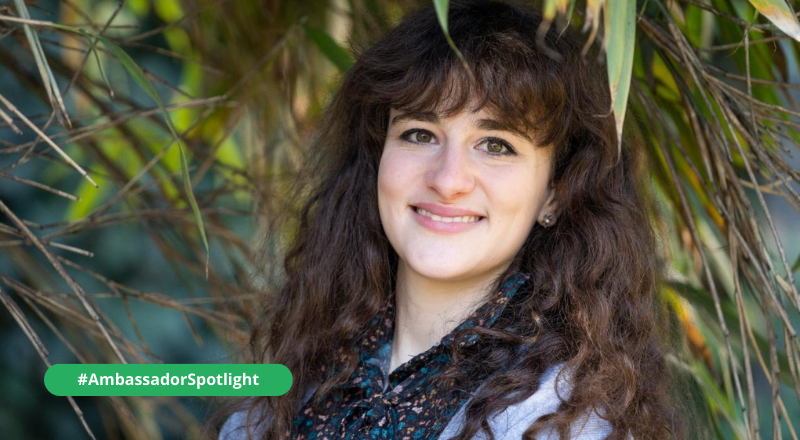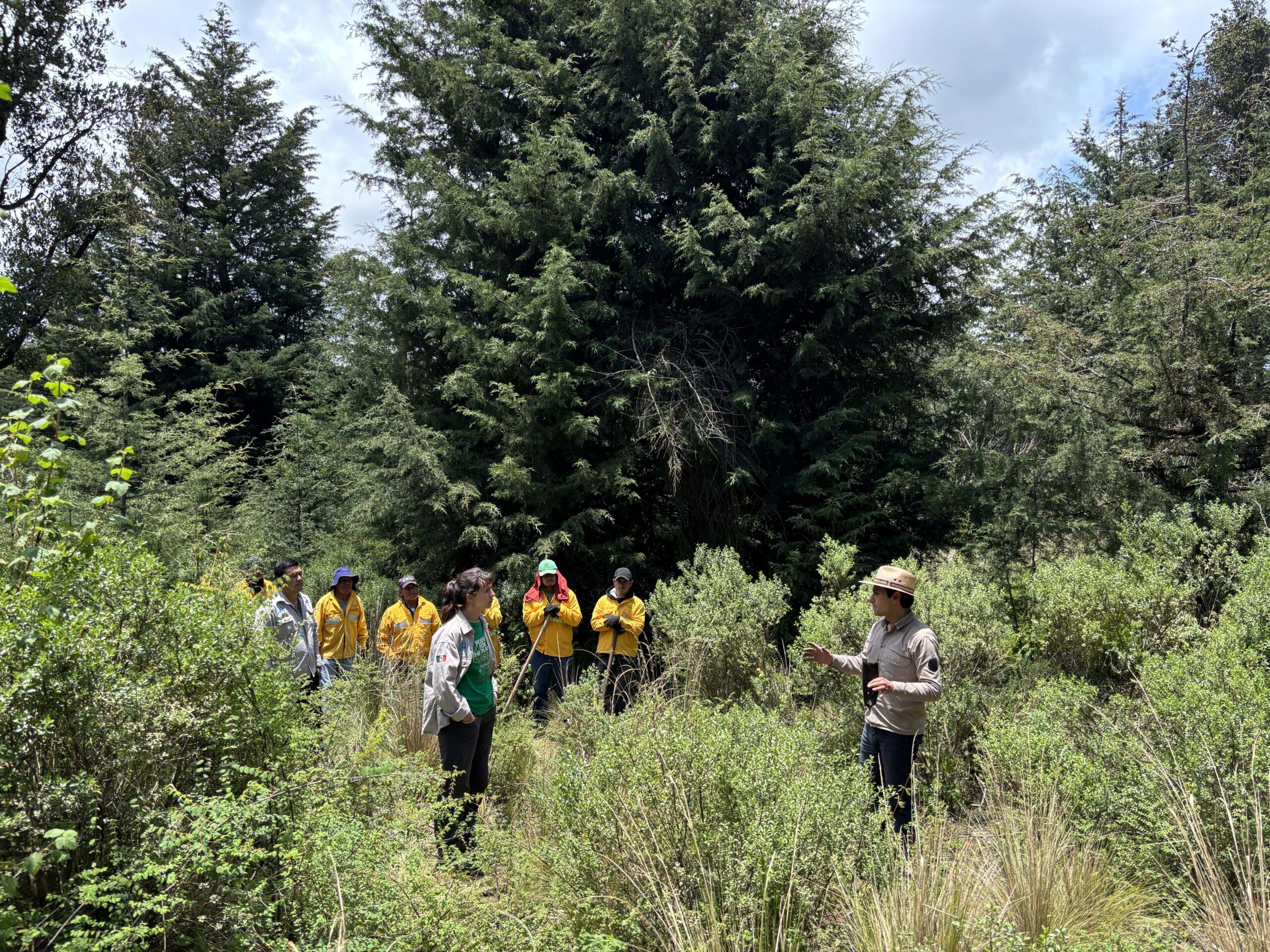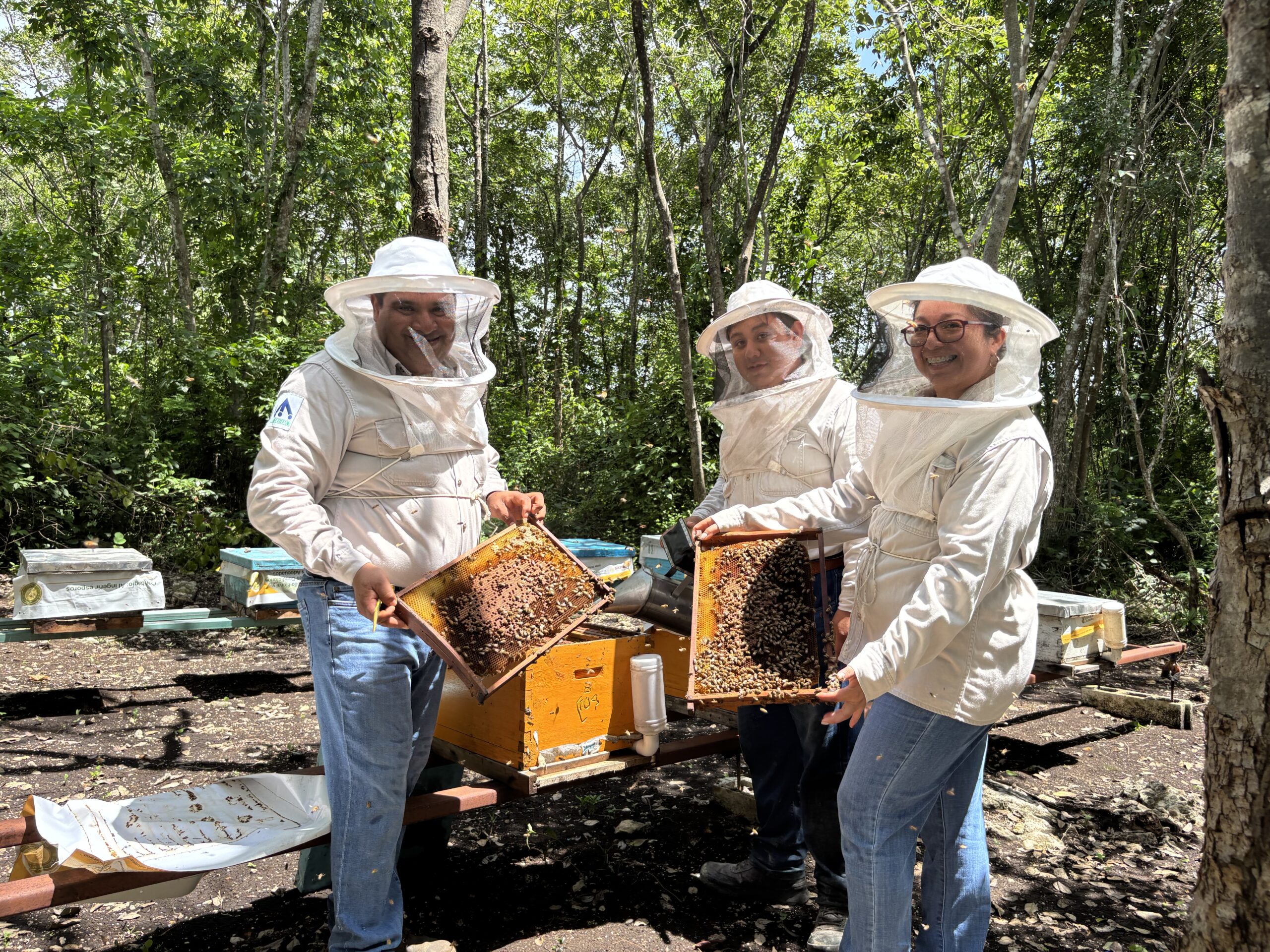
On June 4th 2021 Plant-for-the-Planet hosted a side event for the official launch of the new UN Decade on Ecosystem Restoration. You can watch the event on YouTube:
The event gives insights in what science tells us about how we should plant trees and how that relates to realities on-the-ground; you can learn all about the monitoring and reporting tool “TreeMapper” and why it is a game changer and you can find out how practitioners work to increase the transparency and quality of restoration.
For more information visit our TreeMapper website.
Content
- Keynote by Dr. Anna Carbonell
The importance of not just planting trees but doing it right: scientific background and on-the-ground challenges - Presentation TreeMapper by Sagar Aryal
How it works: presentation of current and future features - Live field trip to a restoration project in Mexico by Felix Finkbeiner
Demonstration TreeMapper - Experiences from practitioners in monitoring tree planting by Teresa Gitonga and Emmanuel Niyoyabikoze
Experiences and challenges in reporting and evaluating tree planting - Discussion and Q&A with all speakers
Speakers
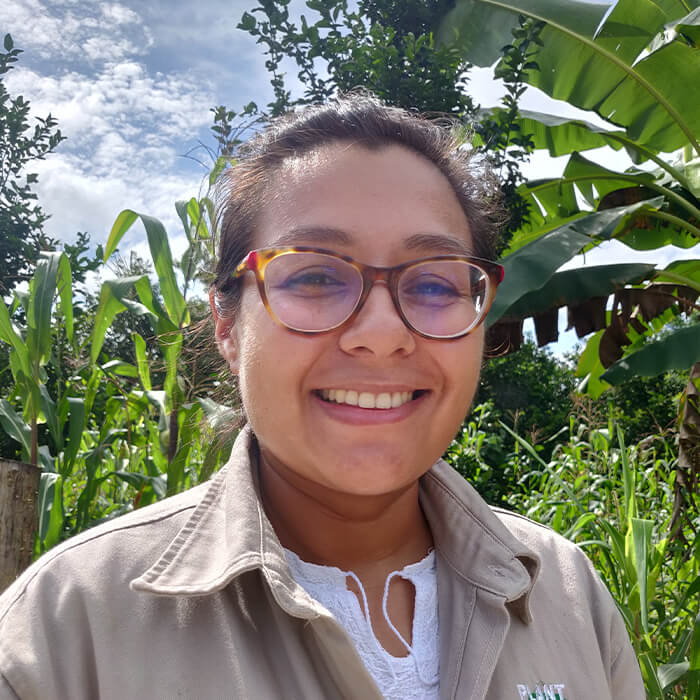
Director of Yucatán Restoration & Research
Anna is from Chetumal, Quintana Roo, in Mexico. She has a PhD in ecology from the University of Stirling. Her research project explored the reproductive ecology of flowers and she spent a lot of time observing and monitoring flowers and bees.

Initiator and Member of the Board, Plant-for-the-Planet Foundation
At 9 years old, Felix launched the youth initiative Plant-for-the-Planet in 2007. So far, more than 91,000 youth in 75 countries have been trained as Climate Justice Ambassadors that give speeches to adults and fight for their future. With the reforestation project on the Yucatán Peninsula in Mexico, Plant-for-the-Planet demonstrates how easy it is to make planting trees effective on a large scale. Today, Felix is a PhD candidate at ETH Zurich studying the potential of forest restoration in addressing the climate crisis.
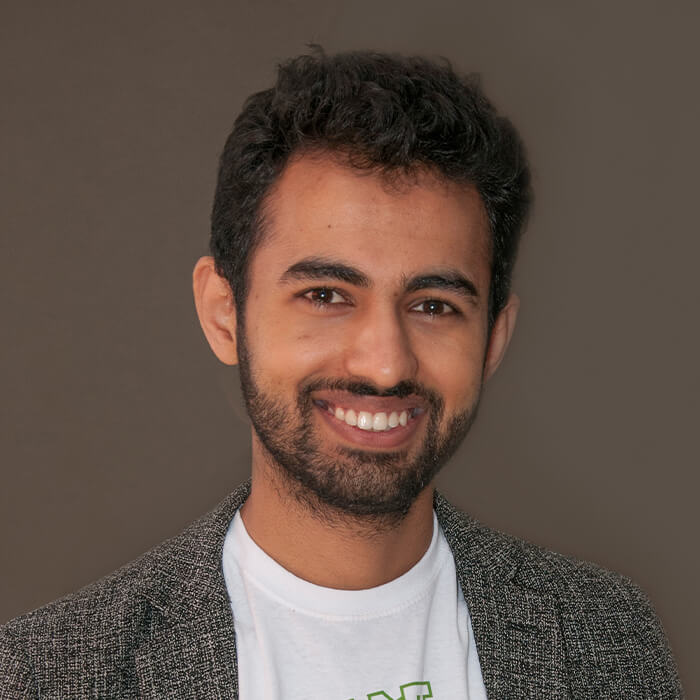
CTO and Member of the Board, Plant-for-the-Planet Foundation
Sagar is Board Member & CTO at Plant-for-the-Planet. He has been working on climate solutions for over 10 years and is currently leading the development of the Trillion Tree Campaign with an aim to plant and monitor a trillion trees.
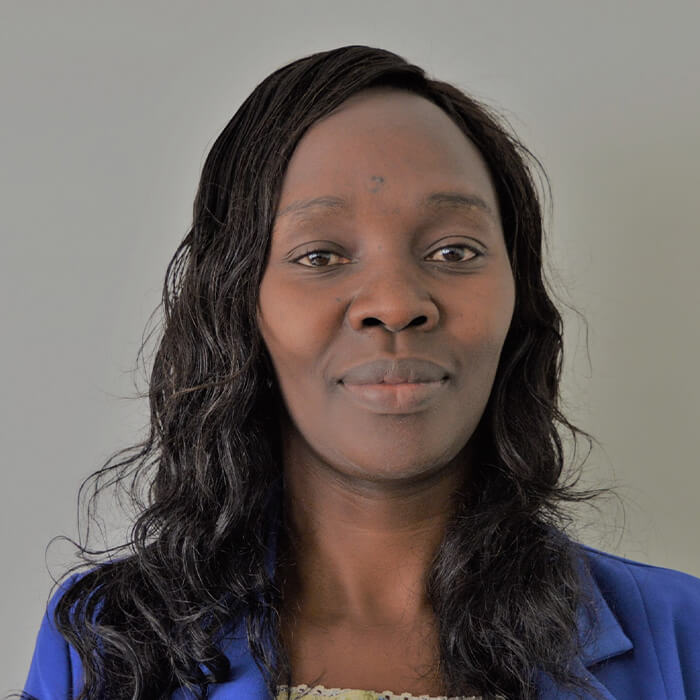
Watu Wa Miti Programme Manager, International Tree Foundation
Teresa works with International Tree Foundation. Previously she worked as a Senior Programme Manager (Gender, Livelihoods and Advocacy) at the Green Belt Movement which was founded by the late Nobel Laureate Wangari Maathai. Teresa studied Environmental Science at the undergraduate level and a Master’s degree in Project Planning and Management from the University of Nairobi. Teresa has 15 years’ experience in empowering grassroot community-based organizations in biodiversity conservation, forest and water resource management, programme coordination, livelihoods diversification, resource mobilization and gender integration in natural resource management.
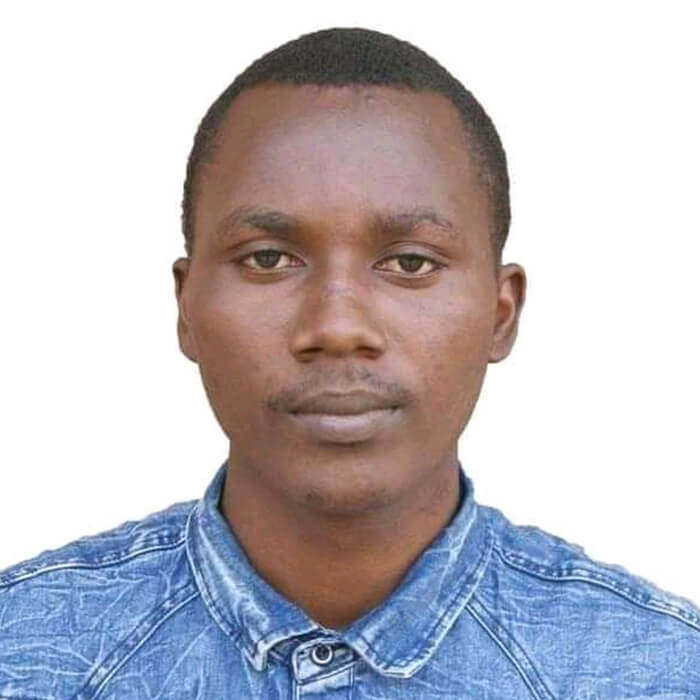
Founder and CEO, Greening Burundi
Emmanuel is a Youth Climate activist and founder and CEO of Greening Burundi. He created the Greening Burundi project by his own initiative, efforts and his ambitions and concerns for his community and country Burundi. Emmanuel establishes and manages tree nurseries as outdoor classrooms and for propagating and distributing trees. The mission of Greening Burundi is: “planting trees for healthier populations and a better environment”. Due to his tireless work to save our planet, Emmanuel got honours and awards such as the Global Peace excellence award and Mary Robinson Climate Justice Award and was nominated e.g. among the Top 100 Young African Conservation Leaders.
Background
Ecosystem restoration is vital not only for our planet’s health, but also for humanity’s future. The UN Decade, bringing the global community together as one movement in such an important mission, will put this issue front-and-center in the public debate. As awareness of the need and willingness to contribute to the global effort continue to rise across all sectors and actors, the question in focus is shifting from “if” to “how”. Successful ecosystem restoration is not just about doing it, but about doing it right. Particularly regarding forest restoration, there have been heated public debates, with maybe just as many critics as advocates for tree planting. What are the main challenges here? And even more importantly: how can we tackle them to unlock the potential forest restoration holds to aid the fight against the climate crisis?
Needed most is science-backed reforestation with just as much focus on growing a tree as planting it. We need on-the-ground practitioners that know how to effectively and sustainably restore sites and we need funders to be able to distinguish high-quality projects from low quality projects. However, many reforestation projects lack the tools to properly monitor their project and report accordingly. To bridge this gap, Plant-for-the-Planet developed TreeMapper, a monitoring and reporting tool. TreeMapper is an addition to the Plant-for-the-Planet Platform, which allows restoration projects to showcase their efforts and receive donations from supporters all over the world. It allows for complex ecological analysis of the projects’ impact, while being simple enough that any layman can collect the data with just their smartphone. All data can be captured offline and uploaded later and all code is open source. TreeMapper will facilitate transparency in global reforestation and enable projects to provide high-level reporting without much effort or any cost.
